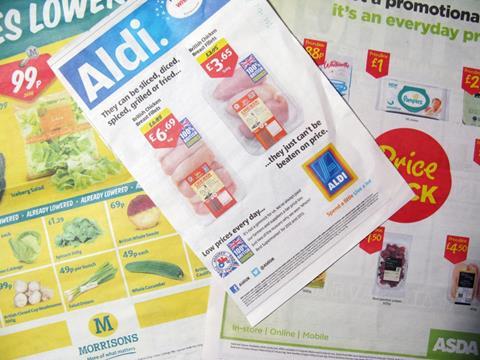
Top story
The supermarket price war and the slump in commodity prices have resulted in sales at the UK’s food and drink producers falling for the first time since 2001.
The OC&C Top 150 Index published in The Grocer this week, shows sales of the 150 biggest suppliers in UK food and drink dropped 0.1% in 2015 as deflation continues to rage.
The figures signify a marked performance downturn even before the shock of Brexit, following growth of 2.9% in last year’s report and 5.8% in 2013, and reflect the fierce competition among supermarkets, with deflation rather than any volume declines the primary driver of the sales slump. Annual grocery deflation topped 3% in June according to The Grocer Price Index, supported by falling commodity prices and input costs.
Lower costs might have been expected to result in a boost to supplier profitability, but profit margins remained depressed as the benefits of deflation have entirely been passed on to consumers.
Margins across the Top 150 were 5.3% - well below the long-term average of 6.4% and close to the historic low of 5%.
“This year’s Top 150 shows the damage sustained deflation and the retail price wars have done,” said OC&C head of consumer goods Will Hayllar.
This low-growth environment has increasingly seen suppliers struggle to find cash to invest in their businesses, with capex flat at 3% of revenues and no change in absolute spend.
Morning update
Like-for-like food sales at The Co-op for the 26 weeks to 2 July as its convenience-led recovery continues to gain traction. Sales through its core convenience business enjoyed a like-for-like increase of 4.3%.
Total sales for the group were up 2.2% to £4.7Bn. Its pre-tax profit fell from £36m to £17m which the group says was a planned reduction as a result of its continued investment in its Rebuild programme, staff wage increases and price cuts.
“These are exciting times for the Co-op as we continue to make this a better business that is more relevant for members, customers, communities and colleagues,” said group CEO Richard Pennycook.
“We are able to invest for the long-term, strengthening the appeal of our products and services, because our business model allows us to pursue our unique approach, championing a better way of doing business for customers and communities.”
For the full coverage of the results go to
Yesterday in the City
The FTSE 100 is creeping back towards the 7,000pts barrier after rising another 1.1% to 6,911.4pts yesterday to continue its strong week so far.
Market confidence was boosted by the US Federal Reserve’s decision not to raise interest rates as some had feared – a decision which also helped strengthen the pound against the dollar by more than 0.5% back to $1.31.
In grocery Coca-Cola HBC (CCH) was boosted by fellow European bottler Coca-Cola European Partners affirming full year earnings forecasts despite profits dipping in the second quarter.
CCH ended the day up 3.1% to 1,741p, while Unilever (ULVR) was up 2.2% to 3,625p, Marks & Spencer (MKS) was up 2.1% to 322.6p and British American tobacco (BATS) closed up 1.4% to 4,863p.
Tesco continued its share-price surge this week from broker earnings upgrades and strong market share data, rising another 1.9% to 181p.
Majestic wine (WINE) recovered 1.5% after its catastrophic share price drop yesterday to end trading at 335p.
Science in Sport (SIS) ended the day up 1.9% at 69p after posting a double-digit first half sales rise on international growth and increased supermarket listings.
The few sector losers included WH Smith (SMWH), down 1.6% to 1,514p and Greencore (GNC), down 1.8% to 336.7p.







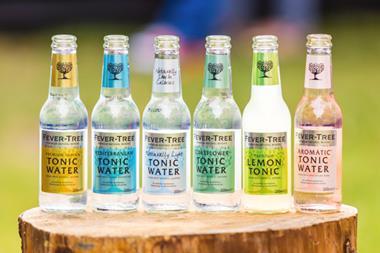
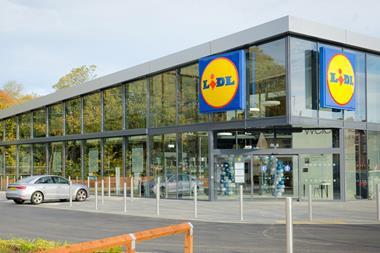
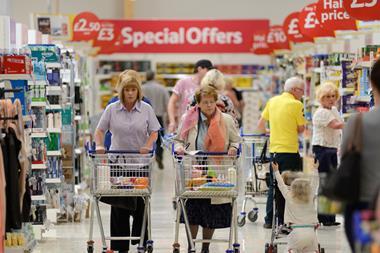
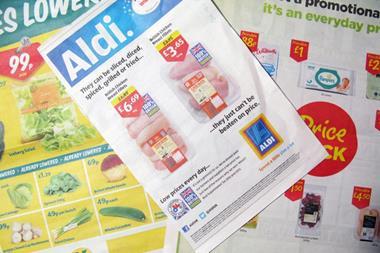
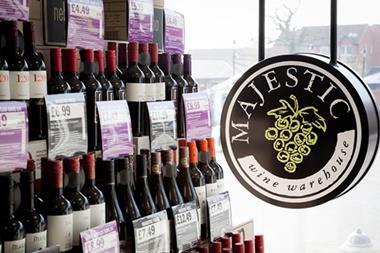







No comments yet